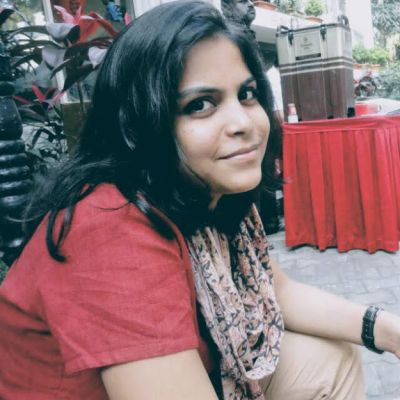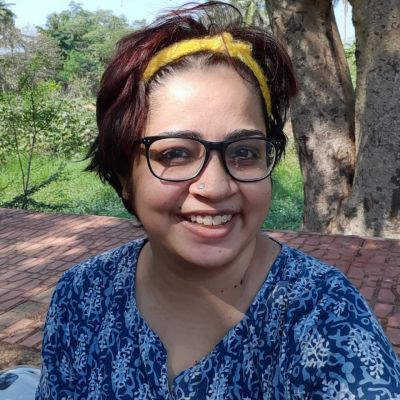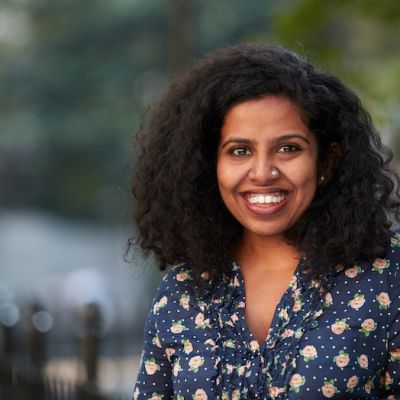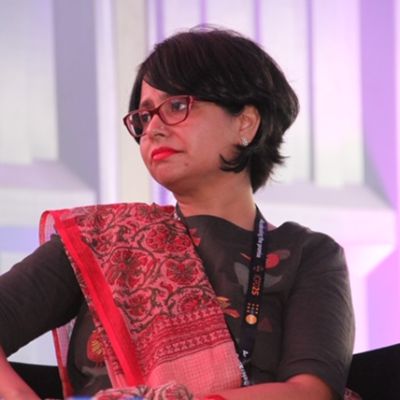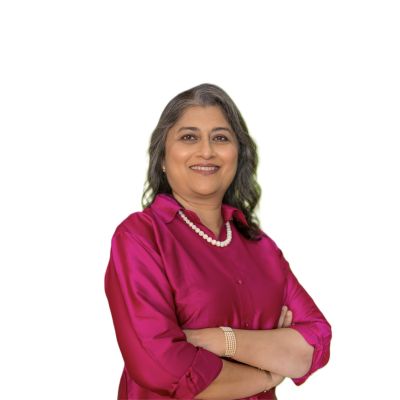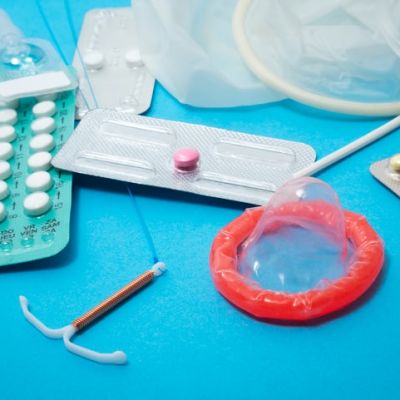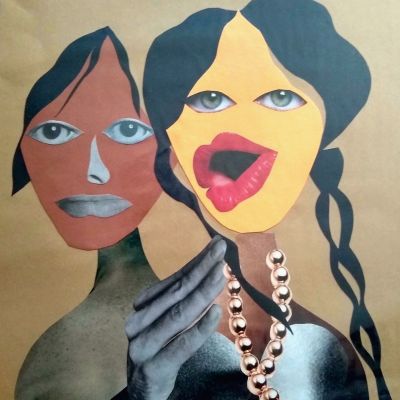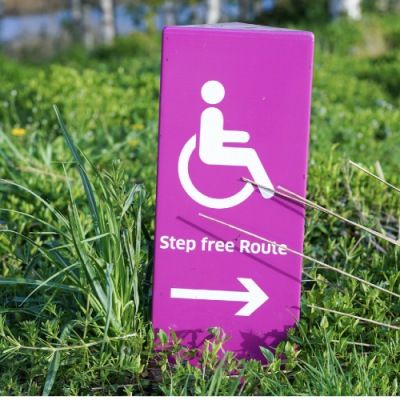SRHR
Adsa Fatima is a feminist, trainer and resource person working with Sama Resource Group for Women and Health. In this interview, she shares her insights on issues of privacy, safety and inclusion in the context of reproductive health, sexuality and rights, and the family and social environment that influence individual choices and decisions
Disabled people might not have many spaces where they can speak openly about their sexual experiences or even sexual curiosity. There is a heavy monitoring of disabled young people especially, and this can mean that exploration, which is often how many of us discover sexuality, can be limited. Moreover, since the experiences of disabled people are not seen in popular media such as films, we can (and probably do) imagine we will have the same or similar experiences as non-disabled people – which is often not possible.
Jasmine George is a TEDx speaker, lawyer, and a sexual and reproductive health advocate from India. She is the founder of Hidden Pockets and currently curates conversations around sexuality and other fields. She is passionate about using alternative means in law and technology to explore sexuality
But not every issue of discrimination and conflict can go to a court.Say for example, affording privacy to a young adult with disability to understand their body and sexual responses, or enabling them to access accessible sex toys or assistive devices related to sexual pleasure.
We are plugged in to all kinds of data from a variety of sources, through technology, and even a window view of this space is like stepping into a global COVID control data centre. We are standing up to be counted, to be seen, to do, to contribute, to advocate, to remind, to rectify and restore, to strengthen a growing network of support and response to crisis on a scale we have neither been able to process or measure.
Getting to know who I really am has been a game changer. Prejudice, anger, control and violence all emerge from fear.
Some nights I worry that if birth control for men is indeed released, clinical trials of which were suspended in 2016 as its side effects, incidentally the same as what women have been dealing with for ages, were just not worth it, it would be named Fuckboi.
Now, what you need is a good enough smartphone and sufficient data – these are the real “superstar” in the love affair between Big Tech and CSE.
In our mid-month issue, we add context to our perceptions of and dealings with risk in our day-to-day lives. Collating and interpreting responses we received on a survey taken by small group of random individuals, Shikha Aleya looks at the transactions around risk foregrounded on the interplay of our location on the axes of gender and sexual identity, disability status, belief systems, and availability of support, amongst others.
We are, all of us, trying to hold steady, and to hold space for each other and for ourselves. And so, instead of trying to put together a collection of ‘all new’ articles, this time we are republishing some ‘ever fresh’ ones on the theme of Sexuality and Representation.
In our mid-month issue, Stuti Tripathi considers whether raising the minimum age of marriage for women from 18 to 21years is indeed a one-stop solution to check early marriages. She brings to our attention the many factors, such as family pressure, inaccessible educational and financial resources, traditionally defined roles of women, and gender-based marginalisation that together lead to early marriages and argues that young people need rights not protection.
In our mid-month issue, continuing with the theme of Health and Sexuality, we look at how we can expect our doctors, nurses and other healthcare professionals to be sensitive to issues of gender and sexuality if these issues are not addressed in the medical curriculum. Suchitra Dalvie, a feminist obstetrician and gynaecologist, makes a sharp and succinct critique of the training she received as a medical student…
In our mid-month issue, we have the second part of the Shikha Aleya’s interview with six different people talking about aspects of sexuality and diversity from their own particular space of personal knowledge, as well as work, advocacy, art and activism across diverse fields.
Both sexuality and disability are complex terrains, offering a realm of possibilities that are often made unnecessarily complicated and unattainable by the mental maps we draw of them and the artificial barriers we erect.
While we are struggling with the vicissitudes brought on by the pandemic we are also forced to spend more time online, to look for resources in terms of health care or caregivers, to reach out to people and build a communities of care, to take a break, or to try and hook-up online for a while.

